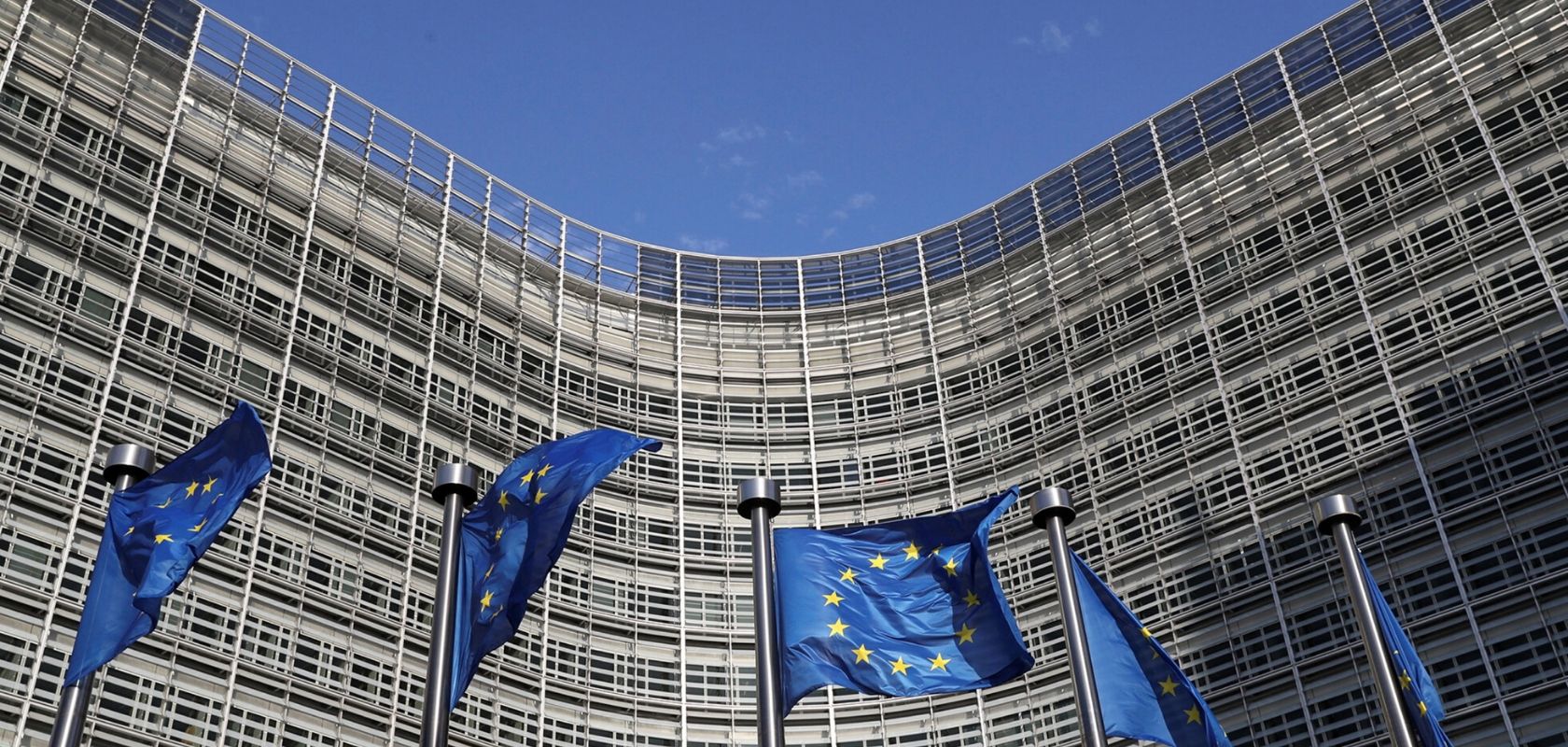When the French parliament last July approved the text of a new law aimed at strictly regulating online speech, it was seen by many as yet another step forward made by President Emmanuel Macron in his policy of reining in US tech giants – first and foremost Facebook.
The bill, known as “Avia” – after French MP Laetitia Avia, who proposed it – is on the face of it all about combating “hate speech”. It envisages tough penalties for social networks that fail to comply. Among its provisions is the obligation to delete within 24 hours posts found to be “manifestly unlawful” on issues of race, religion, sex, or sexual orientation.
Under the legislation, social media networks are treated neither as platforms nor as publishers, but as “content accelerators” who are liable to pay up to 4 percent of their annual turnover if found in breach of the new rules.
Avia, who comes from France’s ruling LREM party, proposed the law advancing Macron’s policy of confronting and regulating US giants, and as observers noted at the time, France’s resurgence in this area was meant to take the place under the umbrella of the EU – the 28-nation European bloc.
But now, French website Next INpact writes that the Avia law is coming up against obstacles precisely in Brussels, reportedly receiving harsh criticism from the European Commission, EU’s executive branch.
The EC has the last word on bills pertaining to the Information Society sphere, designed to preserve the unity of the EU’s common market and prevent member states from going rogue with their legislation.
Paris forwarded the law to the EC in August, hoping to push it through under expedited procedure. But the EC failed to see the urgency, and according to the report, as of late November, the bill remains “frozen.”
The report is not clear on the exact nature of the criticism leveled at the text by the EU and several member-states – but it is said to be severe.
Some commentators have noted that this means the French bill is now effectively dead on arrival, but it’s still unclear if a new version might be proposed by Paris, or by Brussels.













